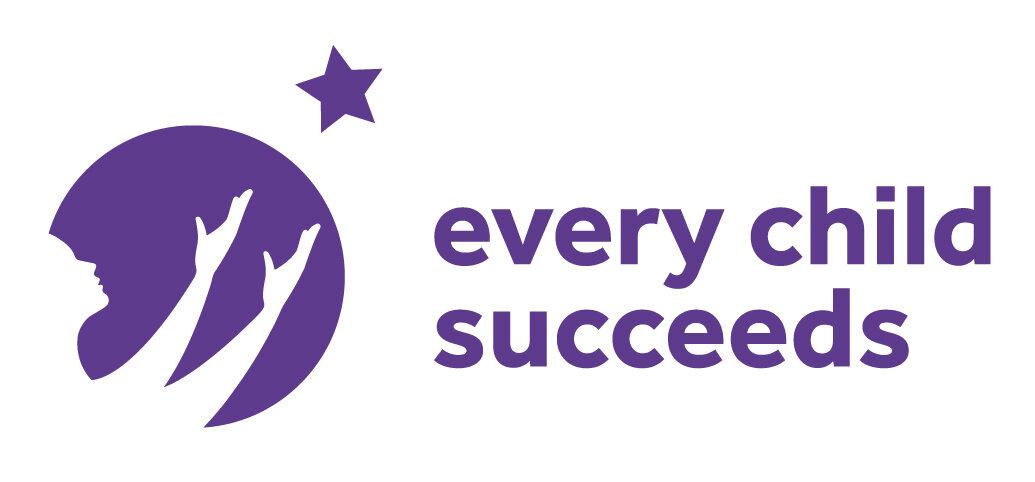StartStrong: Transforming the System of Care to Reduce Infant Mortality
by bi3 – (Bethesda: Ideas, Investments, Innovation)
The following is an excerpt from a bi3 report from December, 2107
bi3 Learning Series
bi3, Bethesda Inc.’s grantmaking initiative to transform health, takes informed risks and challenges providers and community-based organizations to think differently about health and health care. Through its investment in the collaborative program “StartStrong,” bi3 sparked systems change and improvements in maternal and infant health…and it’s just getting started.
SUMMARY
StartStrong employed a systematic approach—engaging the community, health systems and physicians—to transform the current system of care and dramatically reverse a deeply embedded record of premature births within a high-risk population. Bethesda Inc.’s role as an independent grantmaker was key to creating and fostering unprecedented collaboration among StartStrong’s partners and enabling the program’s success.
PROBLEM: Too Many Babies are Dying before Their First Birthday
Hamilton County, Ohio (Cincinnati) ranks among the bottom 10 percent of counties across the nation for infant mortality. Many of Hamilton County’s low-income neighborhoods have infant mortality rates more than twice the national average.
Preterm birth remains a leading cause of infant death in Hamilton County. In fact, 56.3% of all infant deaths in the past five years were babies who were born extremely preterm (before 28 weeks gestation)1. This is true, even though some of the highest-incidence communities are literally in the shadows of nationally ranked hospitals, obstetrics and pediatric care providers.
“Many of our greatest challenges as a community can be linked to our preterm birth problem. It reflects underlying societal failures and drives the perpetuation of those failures. If we want education, poverty and disparity to improve, we have to start by reducing preterm birth.”
– James M. Greenberg, MD, Director, Division of Neonatology, Cincinnati Children’s Hospital Medical Center
In addition to significant human costs, extreme premature births carry a heavy economic burden compared with full-term births, including costs for specialized education for children with developmental disabilities, the loss of potential future earnings, and for medical care.
Medical care for premature infants is 10 to 15 times as costly as the care for full-term babies. Annual costs related to preterm birth in Hamilton County total $402 million. Extending pregnancy by just one week for each preterm birth in Hamilton County would reduce annual initial hospital costs by over $25 million.
SOLUTION: Disrupt the Current System of Care
“We credit bi3 with having the foresight to understand that significant change is required, and that important change rarely takes place without disruption. One of the most significant outcomes of this work came from bi3’s understanding and willingness to support the concept that what happens to a family within a community has important relevance to health and well-being.”
– Judith Van Ginkel, PhD, President, Every Child Succeeds
bi3 recognized the need to spur innovation and pilot new approaches in order to spark breakthrough change in maternal and infant health. In 2013, it challenged the Cincinnati community to think differently.
A team of clinicians and nonprofit leaders responded to the call. They proposed designing a new, scalable model of care to reduce preterm birth and improve maternal and infant health outcomes. This team would begin in their own backyard by developing and piloting new approaches in Avondale—a low-income neighborhood in Hamilton County with an infant mortality rate more than twice the national average. Ultimately, the goal was to spread successful prototypes to other urban neighborhoods.
This effort became known as “StartStrong” and included innovative leaders from the two hospitals that delivered 70% of the babies in Avondale, the children’s hospital that cares for all preterm babies, and a community-based home visitation program for first-time mothers.
bi3 took the risk and provided $3.2 million to launch the three-year initiative. This investment leveraged significant monetary and in-kind contributions from all partner hospitals…
To read more, click here to download the full report.

